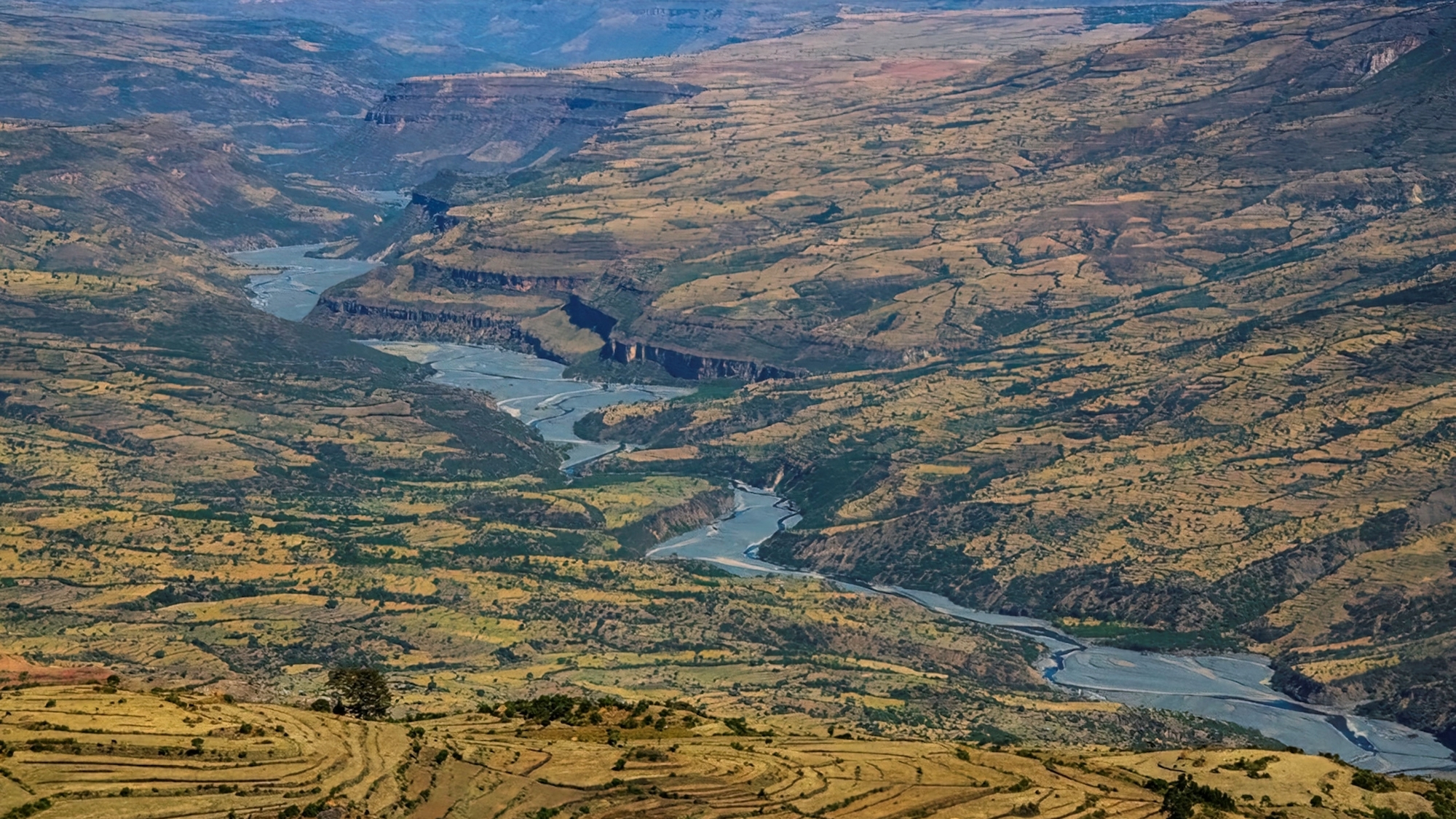Fifteen years ago, a tiny crack appeared in the heart of the African continent, at the junction of three tectonic plates: the Somali plate, the African plate, and the Arabian plate. Since then, it has been expanding more and more, digging into the earth, and making water rise to the surface. Scientists are now studying the possibility that the Horn of Africa could simply detach, creating an entirely new ocean. And watch out, it could happen sooner than expected.
A zone at the crossroads of worlds
Slowly but surely, nature is reclaiming its rights over the African continent, continually evolving the planet. A perfect example can be found in the Horn of Africa, located
to the east, a visible fault that has been around for a few years now continues to grow deeper every day. It's worth noting that the movements of the 3 tectonic plates in this area keep shaping stunning landscapes that are constantly in motion. For example, this is why we have a region with great relief, featuring deep valleys and volcanoes, including the famous Kilimanjaro, aka the highest point on the continent. And the "Great Rift Valley," as it’s called, stretching over 6,000 km, is definitely not done amazing us.Un nouvel océan est en train de se former en Afrique le long d'une fissure de 64 km qui s'est ouverte en Éthiopie en 2005 😳
— Youri 🦊🍃 (@Youridefou) December 11, 2023
La fissure, qui se creuse de plus en plus, est le résultat de l'éloignement de trois plaques tectoniques. Les scientifiques estiment que ce nouvel océan… pic.twitter.com/FeqXxVDAi6
An Increasingly Clear Divide
No more doubts, the fault is now clearly visible, especially since the earthquake series in 2005. At that time, the ground moved more than 2 meters in just a few minutes, just west of Ethiopia. Unfortunately, this phenomenon has accelerated the natural process of this divide, leading to the thought that the final split could occur sooner than expected. While until now, we viewed this deadline as millions of years away, a recent study suggests we may reduce that time frame to just 1 million years, or even to half depending on the natural disasters to come. So, yes, from now on, dear readers, we s .We’re all reduced to dust, just like our children and our grandchildren. But still, it’s pretty wild to think that soon, a new ocean filled with fish will have appeared on the surface of the Earth, right?
À l’est du continent Africain, la terre se fracture depuis 25 millions d’années https://t.co/U674yGubOF À l’origine: le rift Est-Africain qui annonce l’ouverture d’un futur océan, avec de nombreux enjeux liés à la gestion des ressources et des risques
— Alain Schuhl (@AlainSchuhl) August 9, 2022
@INSU_CNRS @CNRS @GeoMontp pic.twitter.com/c7DZN4ACCd
